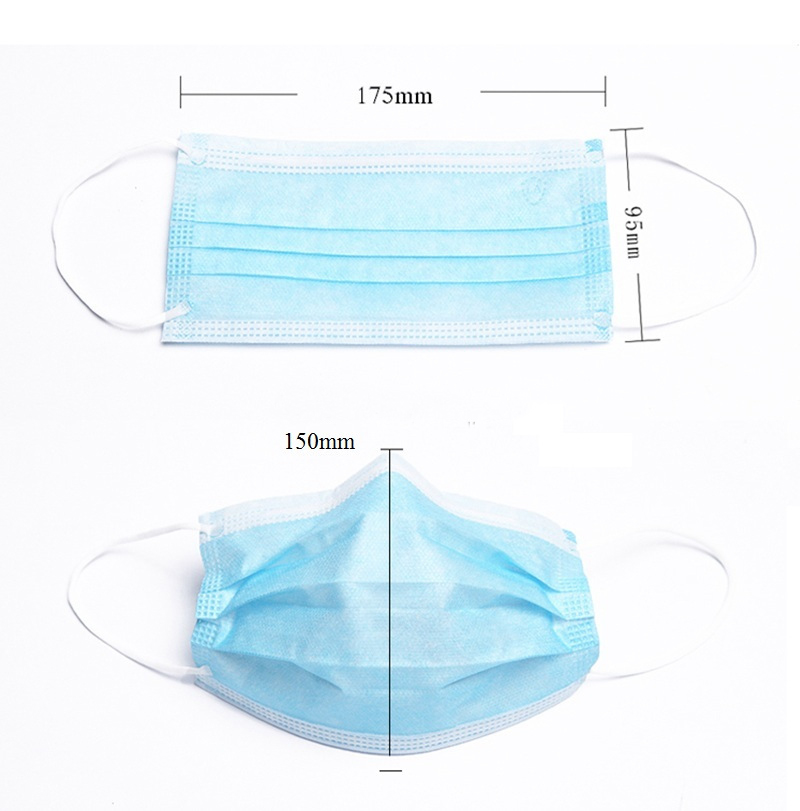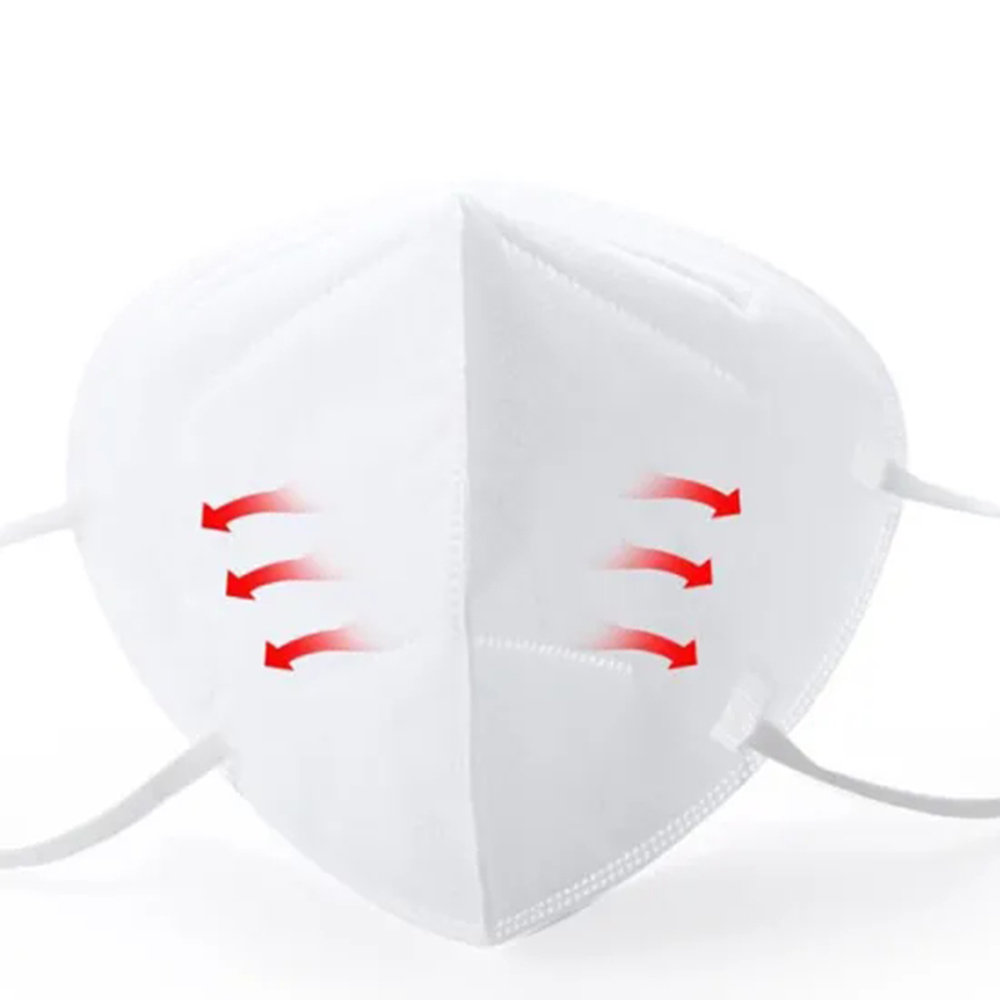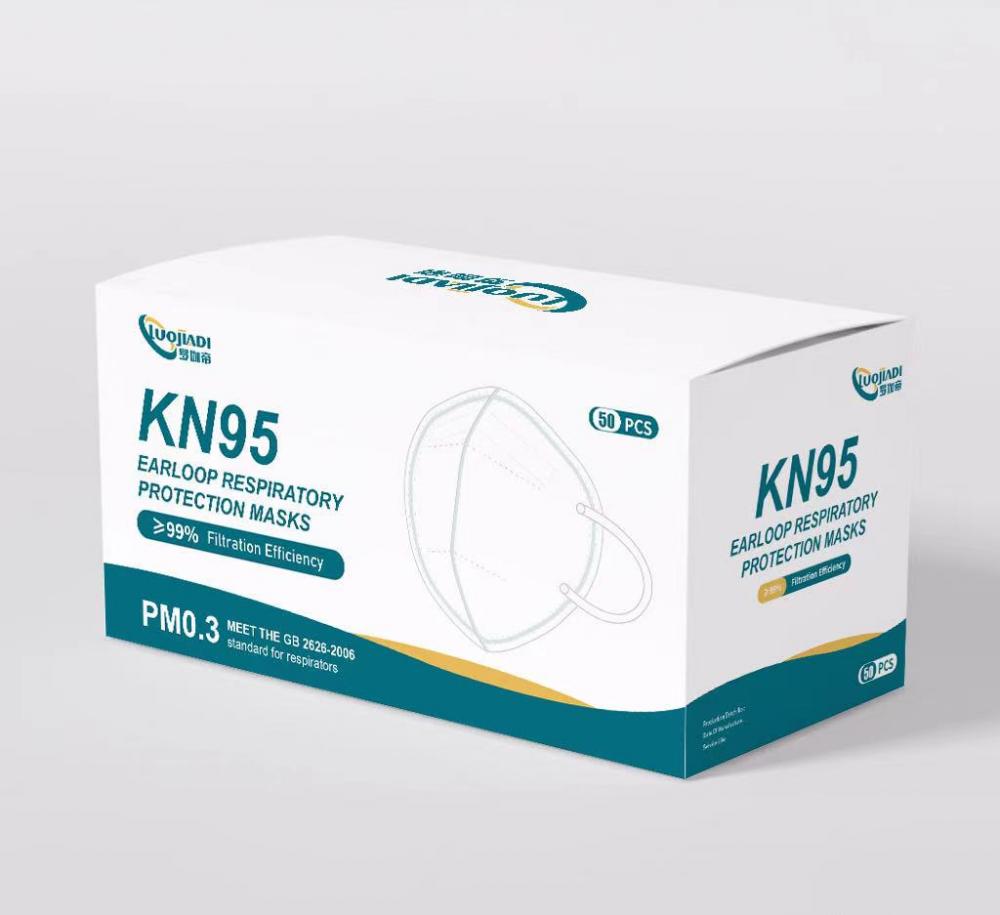According to a recent report by the US investment website The Motley Fool, Xiaomi has aggressively moved into the mobile health field after winning the sales of smart phones in China.
Xiaomi released the first wearable device in July this year, the health smart bracelet - Xiaomi bracelet, feature-rich and priced at only 79 yuan. Xiaomi Ventures recently invested $25 million in the iHealth lab of Jiu'an Medical (approximately RMB 153 million). The injection of iHealth marks the full expansion of Xiaomi into the mobile health field.
iHealth primarily provides connectivity to smartphones and medical devices such as weight scales, blood glucose meters, pulse oximeters, and blood pressure monitors. At the Consumer Electronics Show (CES) held in January this year, iHealth presented a range of wearable devices such as wearable pulse oximeters, blood pressure monitoring vests, and wearable electrocardiographs.
The global mobile health market currently consists of health tracking applications, wearables, and medical devices. According to the Grand View Research report, the global mobile health market is expected to reach US$49 billion (approximately RMB302 billion) by 2020. The Asia Pacific region, including China, Japan, India and Australia, has the fastest growing market and is expected to grow at an annual rate of 49.1% between 2014 and 2020.

Data map
Xiaomi's four sales strategies: selling below the competition, cutting profits in exchange for sales, relying on word of mouth to reduce advertising spending, and adopting a hunger marketing strategy. This is why the Xiaomi phone is cost-effective. Similarly, iHealth products are generally sold at a lower price than the same type of products, and iHealth trades in to reduce profits in exchange for market share, which is exactly the same as Xiaomi. iHealth is located in Mountain View, California, Paris, and Hong Kong, and contributes to Xiaomi's overseas expansion plans.
Xiaomi smartphones rank first in the Chinese market and have the strength to compete with Apple and Google. The Chinese market has huge potential. According to research firm Research Moz, the size of China Mobile's health market in 2013 is 2.21 billion yuan, and will increase to 19.05 billion yuan by the end of 2018. 65% of respondents have not heard of mobile health, and only 7% of respondents have mobile health apps downloaded from their mobile phones.
Xiaomi is actively promoting mobile health devices to Chinese consumers through its Xiaomi bracelet. As more Chinese consumers become aware of the benefits of health tracking devices, iHealth will launch smart blood glucose meters and sphygmomanometers that are compatible with Xiaomi devices. This will help Xiaomi take the lead in the competition with Apple and Google.
face mask used for daily protection, with 3 ply non-woven fabric, It can effectively filter droplets and block direct contact between virus and human body. The fabric is breathable and comfortable,it won't cause skin allergy.
We are professional manufacture of medical equipment with 6 years experiance.
The company conscientiously implements the "Regulations on the supervision and administration of medical devices" and other laws and regulations, and adopts a scientific management mode. The company has successively passed the EU CE certification and CFDA "medical device production quality management specification" assessment.
Adhering to the concept of "quality first, integrity-based, continuous change and long-term commitment", the company is committed to providing customers with high-quality, high safety performance products and high-quality services.




Disposible Face Mask,Face Mask With Logo,Face Mask With Designs,Disposable Medical Face Mask
Shanghai Rocatti Biotechnology Co.,Ltd , https://www.shljdmedical.com